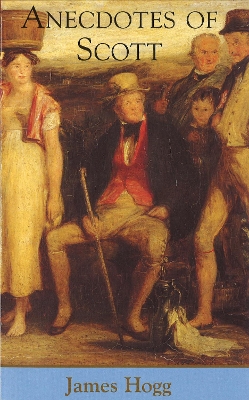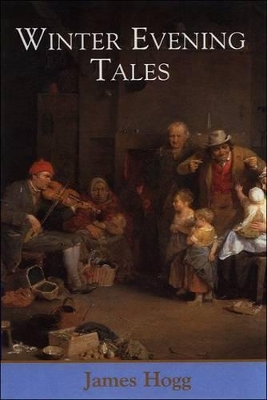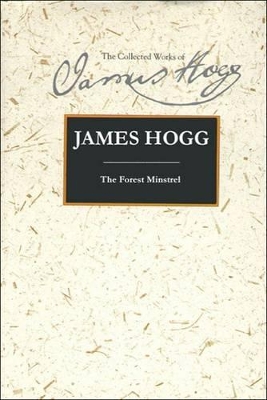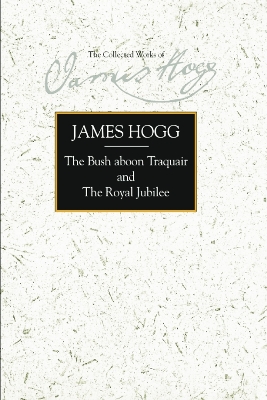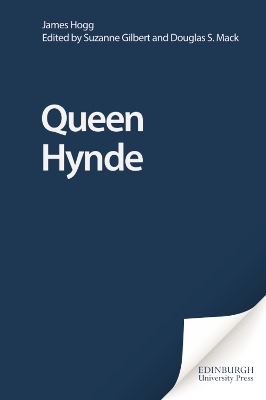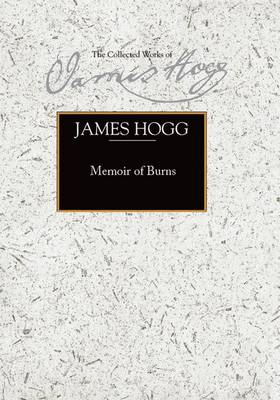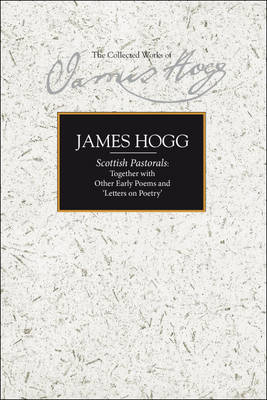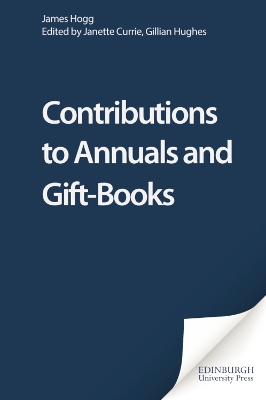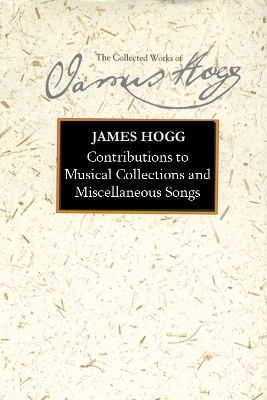The Collected Works of James Hogg
5 primary works • 30 total works
Written on the occasion of George IV's famous royal visit to Edinburgh in 1822, The Royal Jubilee is another pastoral drama with songs. In this 'Scottish Mask', Hogg brings a group of representative Scottish spirits to a 'romantic dell' on Arthur's Seat. The spirits (including an Ossianic Highlander who has suffered dispossession, and the ghost of an old Covenanter) give expression to past Scottish grievances against royalty, while indicating their hope that the King's visit will bring renewal and a fresh start. This potentially ambiguous expression of loyalty is further complicated by various Jacobite references and echoes as the spirits prepare to welcome a Hanoverian king, returning to the ancient kingdom of his Stuart ancestors.
Scottish Pastorals: Together with Other Early Poems and 'Letters on Poetry'
by James Hogg
This volume complements The Mountain Bard (first edition 1807) and The Forest Minstrel (first edition 1810) and, when taken together and read alongside the first volume of Hogg's Collected Letters, these volumes in the Stirling/South Carolina Research Edition of the Collected Works of James Hogg allow readers to gain a comprehensive overview of Hogg's career as a poet up until 1810, the year in which (aged 39) he moved to Edinburgh to begin a career as a professional writer.
those of 1802, 1803 and 1804, and in Highland Journeys he offers a
thoughtful and deeply-felt response to the Highland Clearances. He gives
vivid pictures of his experiences, including a narrow escape from a Navy
press-gang, and a Sacrament day with one minister preaching in English
and another in Gaelic. Highland Journeys makes a refreshing contribution to our understanding of early nineteenth-century travel writing.
This volume highlights a coherent part of Hogg's total literary output, and in doing so provides new insights into an area of nineteenth-century publishing history that is attracting increasing interest and attention. Hogg was a professional writer with an acute awareness of the shifting trends of the literary marketplace during the 1820s and 1830s, when annuals were at their peak of popularity. However, his literary objectives did not always match the needs of the annuals, and as a result some of his contributions were returned as unsuitable for a family-oriented audience. Hogg's sometimes complex negotiations with the editors and publishers of the annuals are meticulously documented in Contributions to Annuals and Gift-Books. In this context, the volume (for example) reprints both Hogg's manuscript version of 'What is Sin?', and the version actually published in Ackermann's Juvenile Forget Me Not. The engravings for which Hogg wrote are included in the present volume.
